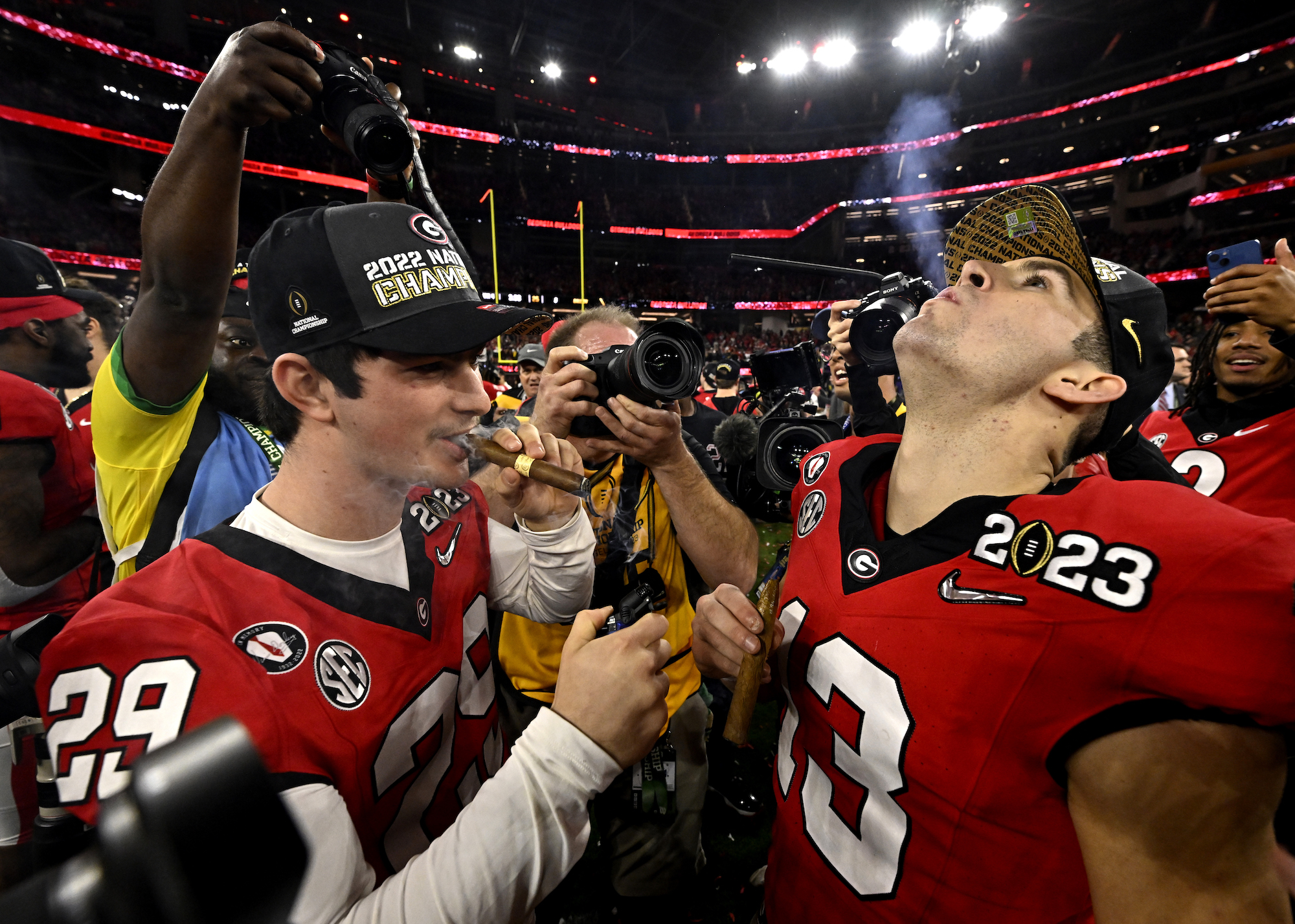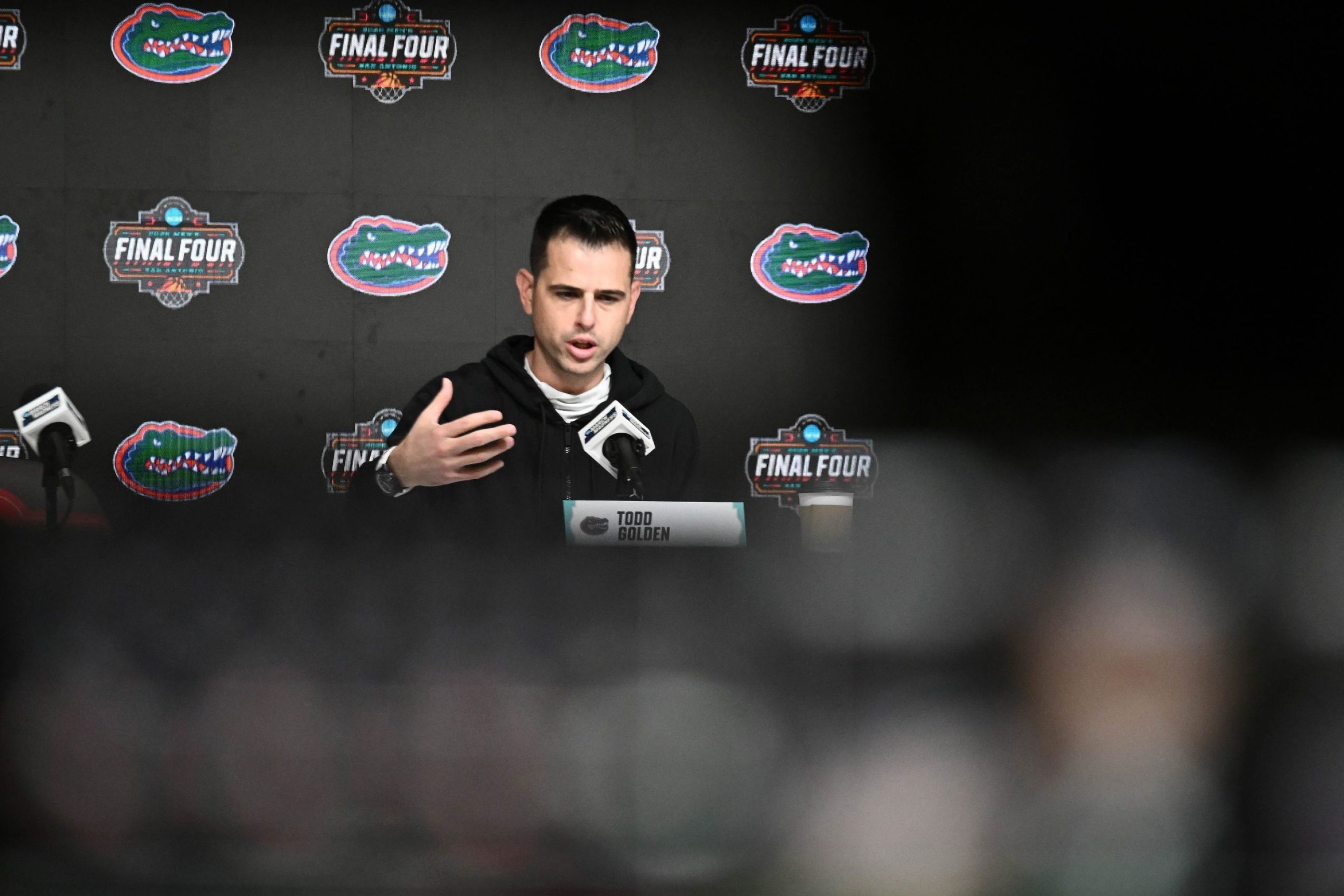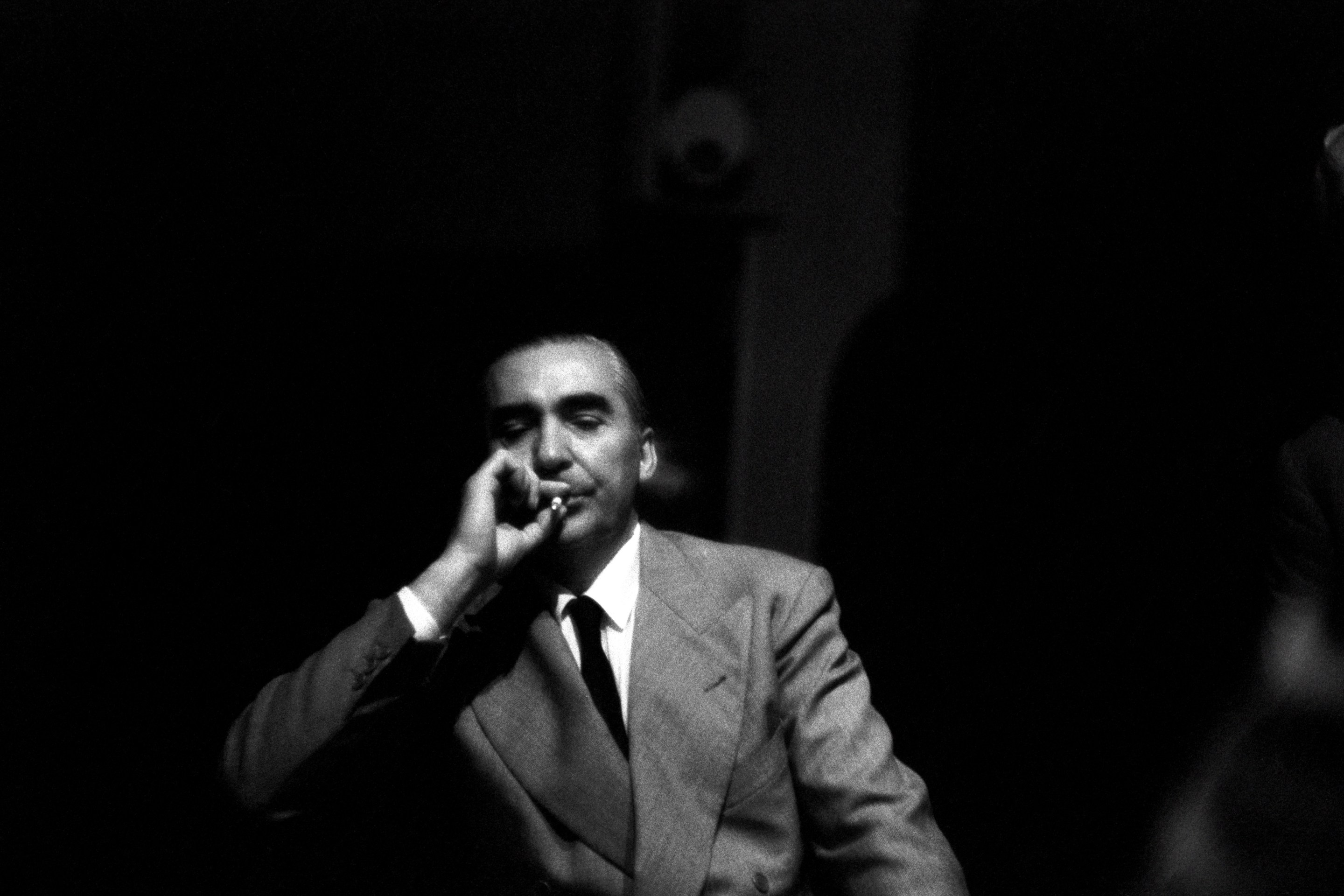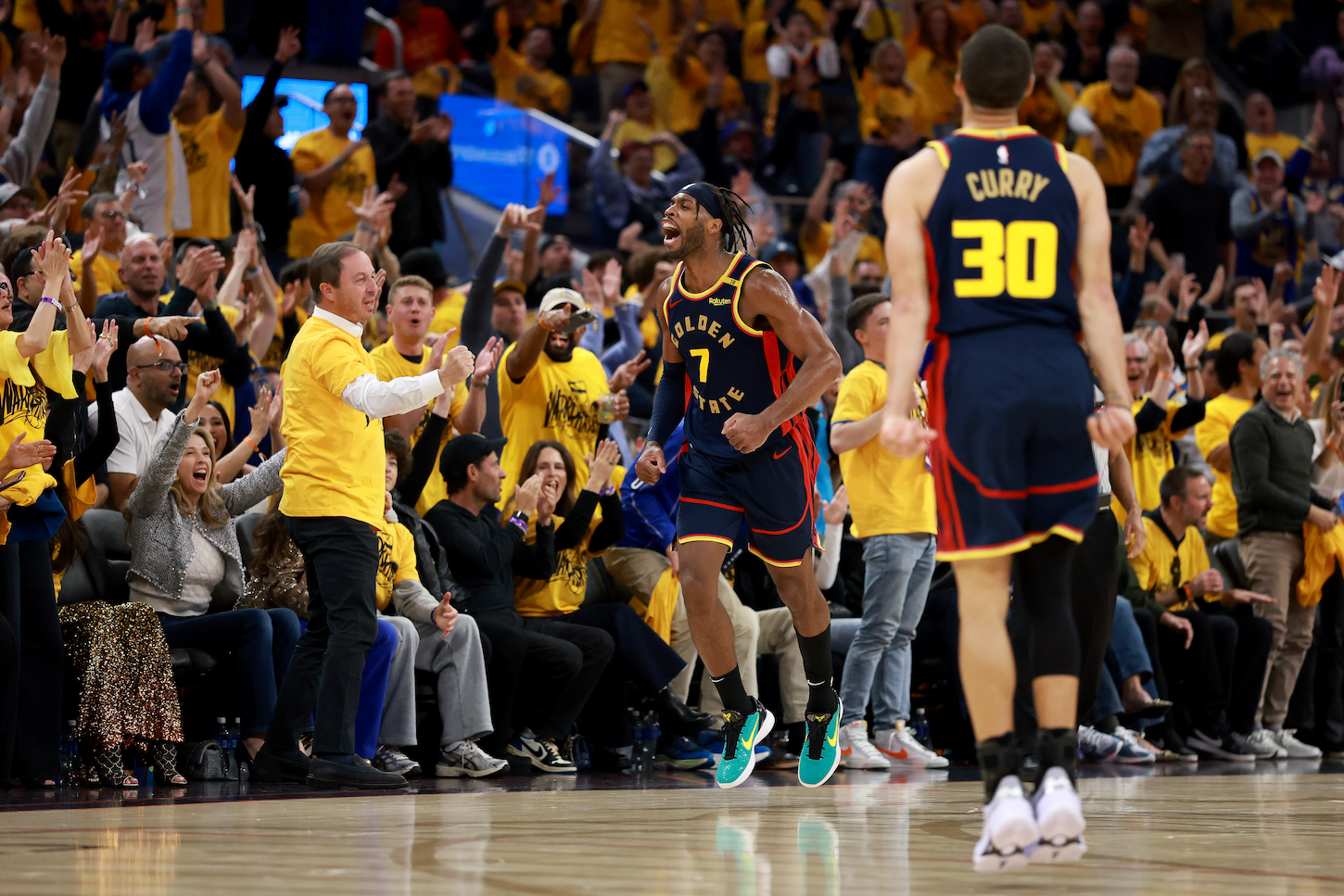There aren't many places to take Georgia 65, TCU 7, when you get to the core of the matter. Any game that ends with an eight-touchdown margin is one that typically shouldn't be scheduled, and a championship game that ends that way only works for one small part of the population. There isn't even very much joy to be found in mocking Georgia quarterback Stetson Bennett for being the eighth-oldest quarterback in the NFL playoffs.
Put another way, the second story in ESPN's stack last night was Paolo Uggetti's sidebar in which TCU players admitted Georgia was on a higher tier, a level of concession not normally found in the aftermath of such a crushing public disappointment. Of the 898 games involving at least one FBS school this year, this was the eighth most profound mismatch, and in a sport that rewards running up the score (yes, we're looking at you Michigan-UConn), this was a shining accomplishment in statement-making.
Oh, one supposes that future Georgia governor Kirby Smart could have surveyed the wreckage of the end of the first half when the Dawgs scored two touchdowns in 53 seconds to make it 38-7 and said, "You know, I don't believe my reserves have put in enough work today," but that's not how you or your program become famous beyond just one shining moment. You become famous by keeping your foot down until the first two touchdowns of the third quarter have been scored and TCU's chances of closing a 52-7 gap are properly minimal. Plus, the Horned Frogs were asking for it by scoring 51 against Michigan in the national semifinal and giving off the illusion of danger when the truth was they'd already been roadkilled midway through the second quarter. And it was also Ohio State's fault for putting 41 on the Dawgs in the other semifinal. Georgia was only doing what needed doing, over and over, from a great height and with great force.
College football isn't the kind of game where you show mercy, and not even the TCU people thought this was strategically excessive, even if the box score was. They knew the deal when they muscled their way into the playoff, and they surely knew it when the betting line opened. People worked hard to concoct pathways to TCU shocking the world one more time but they could never convince without the phrase "six Georgia turnovers." In that department, Georgia fell six turnovers short.
The fact is, unlike most other sports that aren't run by separate fiefdoms that require committees to ferret out relative value through unequal methodologies, college football operates on the validity of rout as measuring stick. Georgia, one of the richer stepchildren of the Southeastern Conference family of competitive bullies, had something to say about who the muscle on the block is, and winning two consecutive national championships wasn't quite enough. Beating Michigan by, say, 17 would have been sufficient because Michigan is part of the sport's roll call of the elite. TCU was as close as the sport could come to a charming underdog, given that they'd gone 5-7 the year before, had gone this year with a coach (Sonny Dykes) who once coached at Cal, for Christ's sake, and was picked to finish seventh in the Big 12 by people paid to pretend they know this sort of thing. Smart and Georgia needed a bootprint on their second title, and this was an entire shoe store's worth.
And we're not even saying they were wrong in doing it. Beatdowns drive reputations and reputations are currency when the parade ends and it comes time to start recruiting again, especially in the landscape of talent acquisition in which stealing other teams' players is all part of the fun, and this was very much a reputation game. Apparently moms and dads like that sort of thing almost as much as being complimented by Coach Thickneck for their chocolate chip brownies. And it doesn’t just need to be the national championship game, either. Why else did LSU need to beat Purdue 63-7 in the Citrus Bowl, or Memphis beat Utah State 38-10 in the First Responder Bowl? A better seed in next year's expanded playoffs?
All we’re saying is this: Georgia had to do what it did because it needed to show everyone in College Football America that it could.






